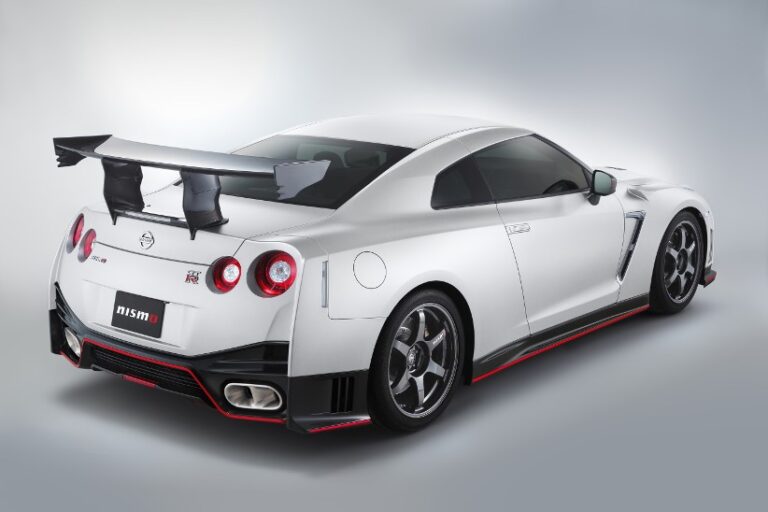– By Mark Telfer –
We are all aware of the proposed changes to the import laws, but speculation is rife in regards to the likely consequences. The one certainty is that official importers of high end vehicles stand to lose the most. From a consumer perspective, where the benefits lie, risks will also exist.
In almost all brands the profit margin for automotive manufacturers increases with the RRP of the vehicle. The official importers justify this through the additional costs of holding low volume parts, specialist training for sales and service staff, extravagant showrooms and client engagement.
For the retailers of high end niche brands such as Bentley, Rolls Royce, Lamborghini and Ferrari this is a reality. You might think that they stand to lose the most but in reality it’s importers like Tesla and anyone planning to introduce electric or fuel cell vehicles.
Tesla current and future margins are being spent on expensive charging infrastructure and you can be certain that the ACCC will not allow them to prevent personally imported Tesla vehicles from using, for a reasonable cost.
Most of the industry responses so far have concentrated on servicing and retained value. There will always be a number of business with the tools, software and desire to service any car, and specialist repairers have a real opportunity to pick up work that would normally be completed at a dealership.
These repairers will probably still buy their parts from a franchised dealer. Again the ACCC will take action against any dealer requesting verification before selling parts to existing account holders. Yes, there may be a delay in the sourcing of parts for a unique import, but the parts will probably be available from New Zealand who have been allowing the commercial importation of obscure vehicles for many years.
This brings us to retained value. You would expect that a personal import would sell for far less than a locally sold vehicle. With the current Nissan GT-R this was not necessarily the case.
As Nissan Australia paused prior to homologating the GT-R for Australia sale, a not insignificant number were privately imported from Japan. These vehicles were able to be fitted with compliance plates, registered and sold, many at the same price as Australian delivered cars.
When the official Australian allocation of a vehicle is sold out at full retail, as is the case with many Ferrari models, a privately imported vehicle may actually be a good investment. This may even be the case for more mainstream vehicles such as the sold out Ford Focus RS.
So far it looks rosy for the consumer, but there are three key areas to take into consideration before you consider personally importing a car. They are insurance cost, finance and recalls.
Traditional finance methods claim security over the vehicle, a process that is not possible when the vehicle is outside Australia. Personal importers of vehicles are going to need to be cashed up before they consider this option.
The final area of risk is perhaps the largest, recalls. The official importer will have no responsibility to assist in the case of a recall on a personal import, but they will certainly ensure that the ACCC and the registration agency in each state will be aware. Where a recall is for a safety item, this will need to be completed at the owner’s expense before a registration transfer, hire car certification or perhaps even a renewal can be completed. Buyer beware indeed.






